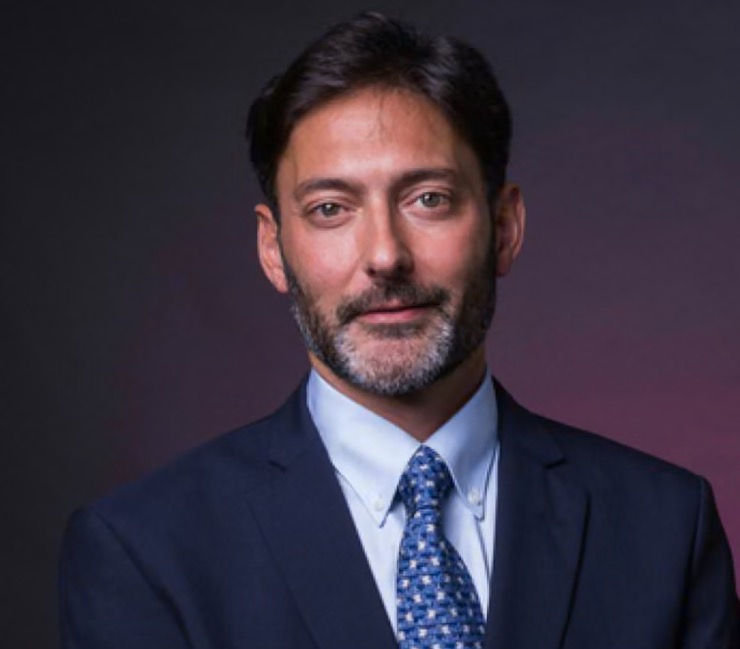The head of the UK’s elections watchdog has said schools must begin teaching democracy from the age of 11 to prepare children for voting at 16, while stressing the importance of keeping classrooms free from political bias.
Vijay Rangarajan, chief executive of the Electoral Commission, said teaching will initially target pupils aged 14 and above but should eventually start earlier so that young people are ready to use the vote by their mid-teens.
The change comes ahead of the next general election, when 16- and 17-year-olds are expected to gain the right to vote.
The commission is developing teaching materials for schools, focusing on impartial lessons about how the political system works and how to engage with debate.
Rangarajan said teachers must be careful not to impose their own views: “We’re going to need teachers to be really good at leaving their own personal views at the door. When they do express them, they need to make clear they are personal opinions.”
His comments follow criticism from Reform UK leader Nigel Farage, who has accused schools of harbouring leftwing prejudice and anti-Reform bias.
Rangarajan said guidance and resources would help ensure impartiality, acknowledging that political parties are concerned about fairness.
Surveys suggest there is widespread support for more citizenship education.
A Teacher Tapp poll of 6,000 teachers found that over 80% believe the curriculum does not prepare children adequately to vote at 16.
Half of teenagers aged 16 and 17 also said they do not feel well informed enough to participate in elections.
Lessons from Scotland, where 16- and 17-year-olds voted in the independence referendum and now take part in Holyrood and local elections, show that schools must play a central role.
Rangarajan said the Scottish experience was patchy because many teachers avoided engagement during the referendum, underlining the need for support and national resources.
Beyond voting mechanics, Rangarajan stressed the importance of teaching young people to critically assess online information and spot misinformation. Evidence suggests that early voting experiences help form lasting democratic habits.
His comments come as the government pushes forward with election reforms, including tougher rules on campaign finance, higher fines for breaches, and plans for more automatic voter registration.
The Electoral Commission has long called for tighter controls to block foreign money in politics, and Rangarajan welcomed the government’s latest proposals.
However, he urged ministers to restore the commission’s independence after Boris Johnson’s government gave ministers the power to set its objectives.
“A government depends on an election to be re-elected. It shouldn’t be able to instruct the people who are refereeing that election.”
He also highlighted emerging threats to democracy, including abuse of candidates particularly women and ethnic minorities through online harassment and deepfake pornography.
A speaker’s conference is examining the issue, and Scottish pilots are trialling police, electoral officials and IT experts working together to track abusers.
On political donations, Rangarajan said cryptocurrency contributions do not need to be banned outright, arguing parties already have a duty to check the source of gifts.
“Parties get given far more weird things than crypto,” he said, citing donations of artworks, foreign trips and yacht use as harder to track.
Rangarajan, who became head of the commission last year, said his biggest concern remains the abuse and intimidation that deters people from entering politics. “It’s very gendered,” he warned.
“Deepfake porn is now being used as a direct tool against women candidates quite a lot.”
Read more: Reform UK makes history with Runcorn by-election win by 6 votes



